- 1Share
- 1. Beets, A Fantastic Root Food
- 2. Radishes, An Excellent Veggie For Kapha.
- 3. Carrots Are Sweet, Crunchy & Healthy.
- 4. Celery Is A Must-Eat Root Vegetable.
- 5. Turnips Cleanse & Strengthen The Body.
- 6. Onions: Packed With Antioxidants & More.
- 7. Sweet Potatoes Offer Tons Of Benefits.
- 8. Fennel Is Great For The Heart, Brain & Stomach.
Ayurveda considers root food as warming, grounding, and highly nourishing for the body. That’s why warm-and-spicy root vegetable soup on a cold winter day feels so comforting. Root vegetables increase ojas (vital energy) and pacify Vata. They are a fantastic kind of food that should be in everyone’s diet, unless otherwise advised by a doctor due to a medical condition. We’ll take a look at some of the most widely eaten root veggies and their health benefits.
Health Benefits Of Root Vegetables
1. Beets, A Fantastic Root Food
On the top of our root vegetables list is beet. It’s packed with nutrients like iron, Vitamin C, folate, fibre, manganese, nitrate, and potassium. Beets boost hemoglobin and lower blood pressure. They’re very good food for energy. Moreover, they lend such a lovely red colour to food!
2. Radishes, An Excellent Veggie For Kapha.
The deliciously pungent radish is a great Kapha pacifier. Radishes cleanse the liver and stomach. They have anti-fungal properties and are thus very good against infections. Radishes also help control blood pressure by boosting elasticity of blood vessels. Here’s more about radishes.
3. Carrots Are Sweet, Crunchy & Healthy.
Among the favourite root vegetables, carrots are a must-have food. You need them for well-functioning eyes and good skin. Carrots also support a healthy heart and strong immune system. They can even lower the risk of cancer. Enjoy all the different colours of carrots, from yellow to violet.
4. Celery Is A Must-Eat Root Vegetable.
Next on the root vegetables list is celery, also called celeriac. A cup of celery provides you with around 80% of the daily requirement for Vitamin K. This vitamin is essential for bone health, blood clotting, and the regulation of calcium levels. What else does celery have? Lots – including Vitamins A and C, fibre, potassium, magnesium, calcium, and folate.
5. Turnips Cleanse & Strengthen The Body.
Don’t forget to add turnips to your root vegetable soup. While most root veggies increase Kapha when eaten in excess, turnips pacify it. This vegetable cleanses impurities from the body. Packed with Vitamin C, it’s great for your immune and respiratory systems. Turnips can also help lose weight.
6. Onions: Packed With Antioxidants & More.
In Ayurveda, onions classify as a warming food, and so they’re great for the winter. They are filled with antioxidants, so they fight free radicals and are a good anti-cancer food. Onions also contain potassium, manganese, Vitamin C, and fibre. They boost digestion and are excellent for cold and cough.
7. Sweet Potatoes Offer Tons Of Benefits.
Next on our root vegetables list is sweet potatoes. A healthier alternative to white potatoes, sweet potatoes pack quite a punch. They reduce inflammation, boost immunity, maintain healthy eyes, and can prevent premature ageing of the skin. Though they are sweet, they can actually help reduce blood sugar. And sweet potatoes very grounding in energy – making them an excellent Vata food.
8. Fennel Is Great For The Heart, Brain & Stomach.
Fennel lowers blood pressure, helps control cholesterol, and can prevent heart diseases. In Ayurveda, fennel juice is considered an excellent digestive aid. This flavourful bulb also boosts brain health by improving blood flow. And it protects the skin from premature ageing, since it supports collagen formation.
Note: Posts on Ayurvedum are solely for the purpose of sharing the goodness of Ayurveda and bringing awareness about natural and healthy living. Please do not substitute it for professional medical advice. Ingredients discussed can interfere with certain medications. So, before using anything to treat yourself, always consult an Ayurveda doctor or practitioner.

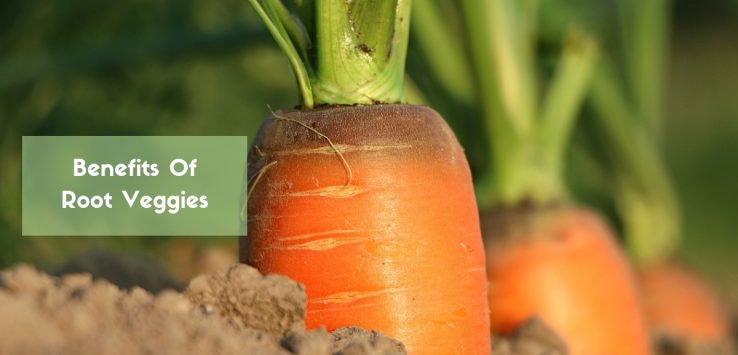
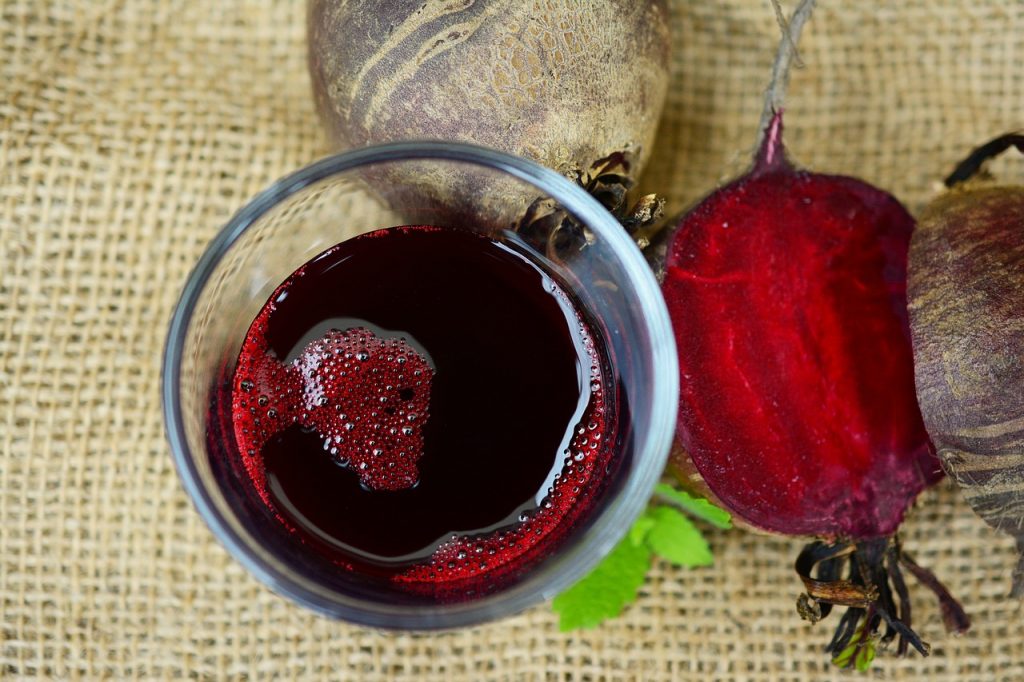
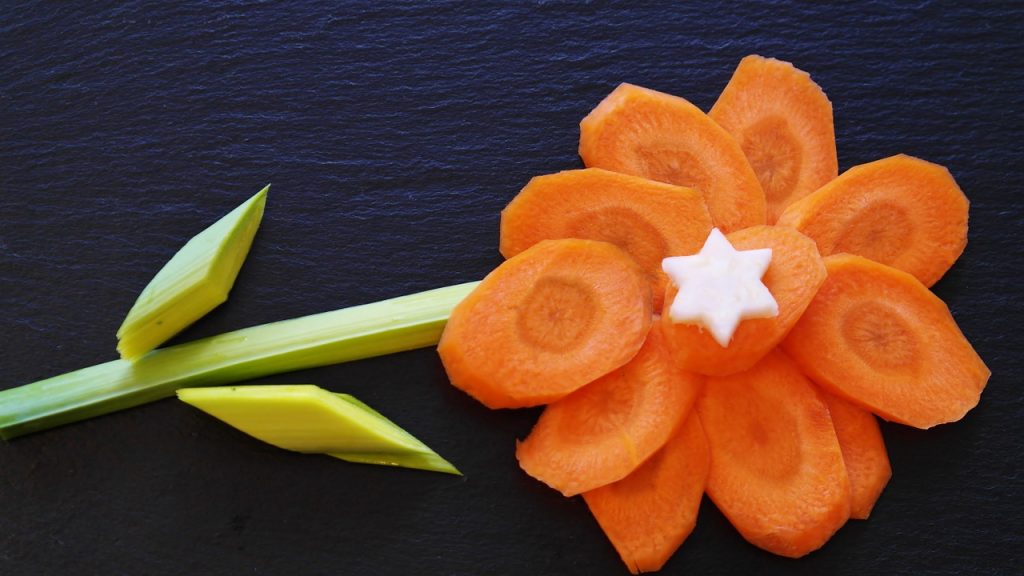
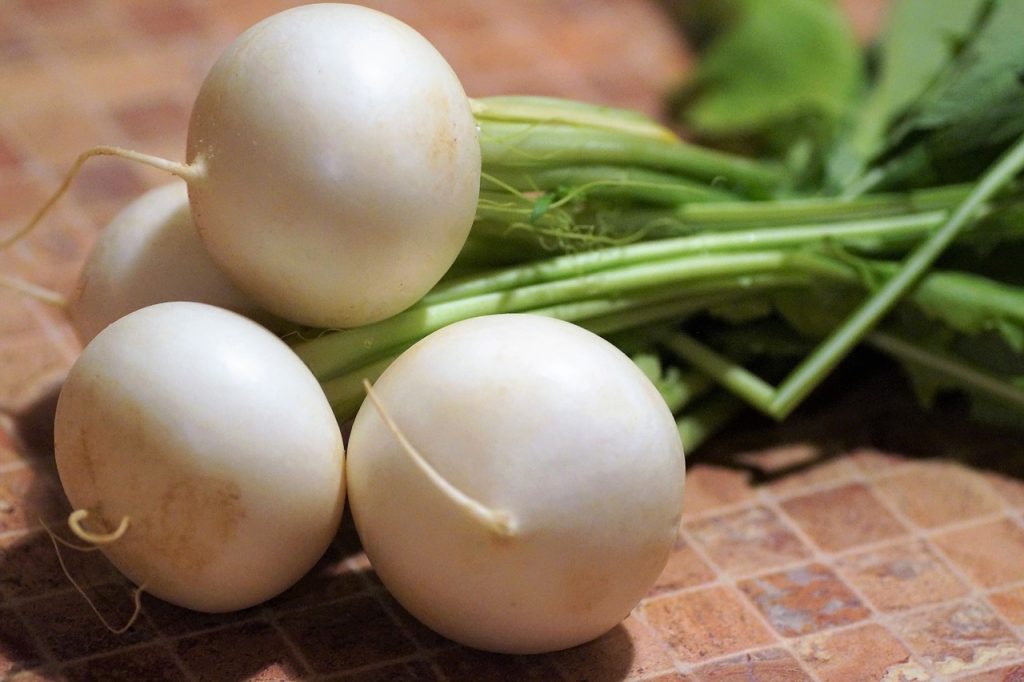
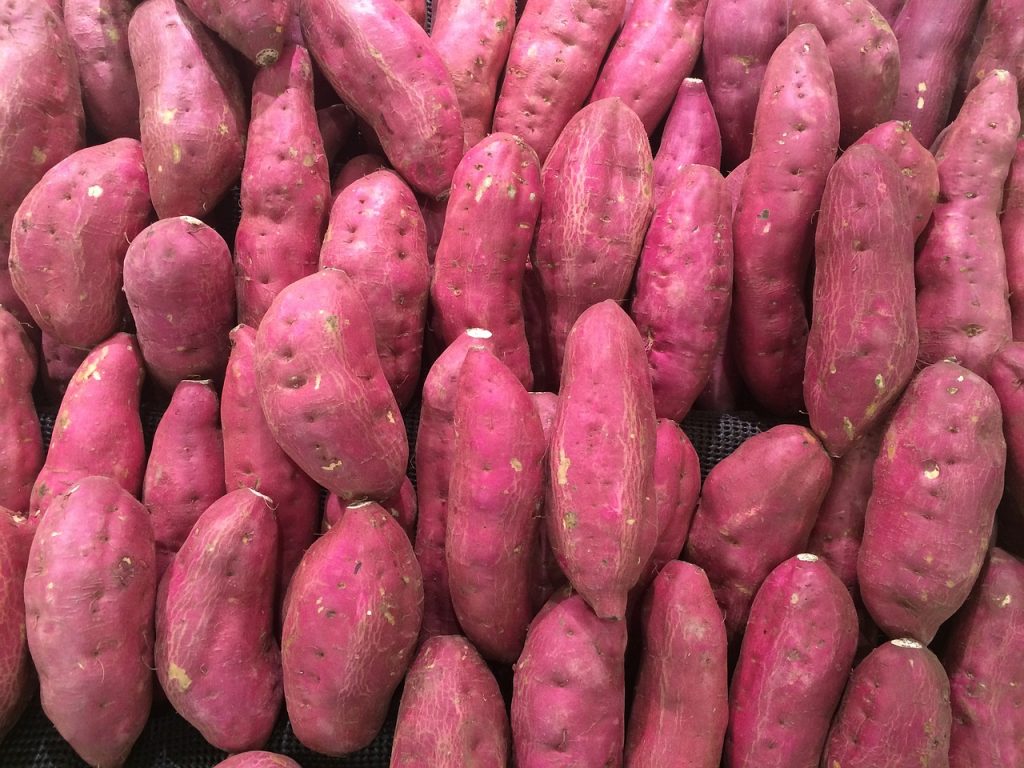


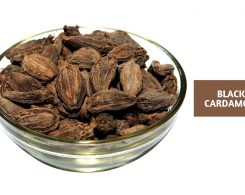

Leave a Reply